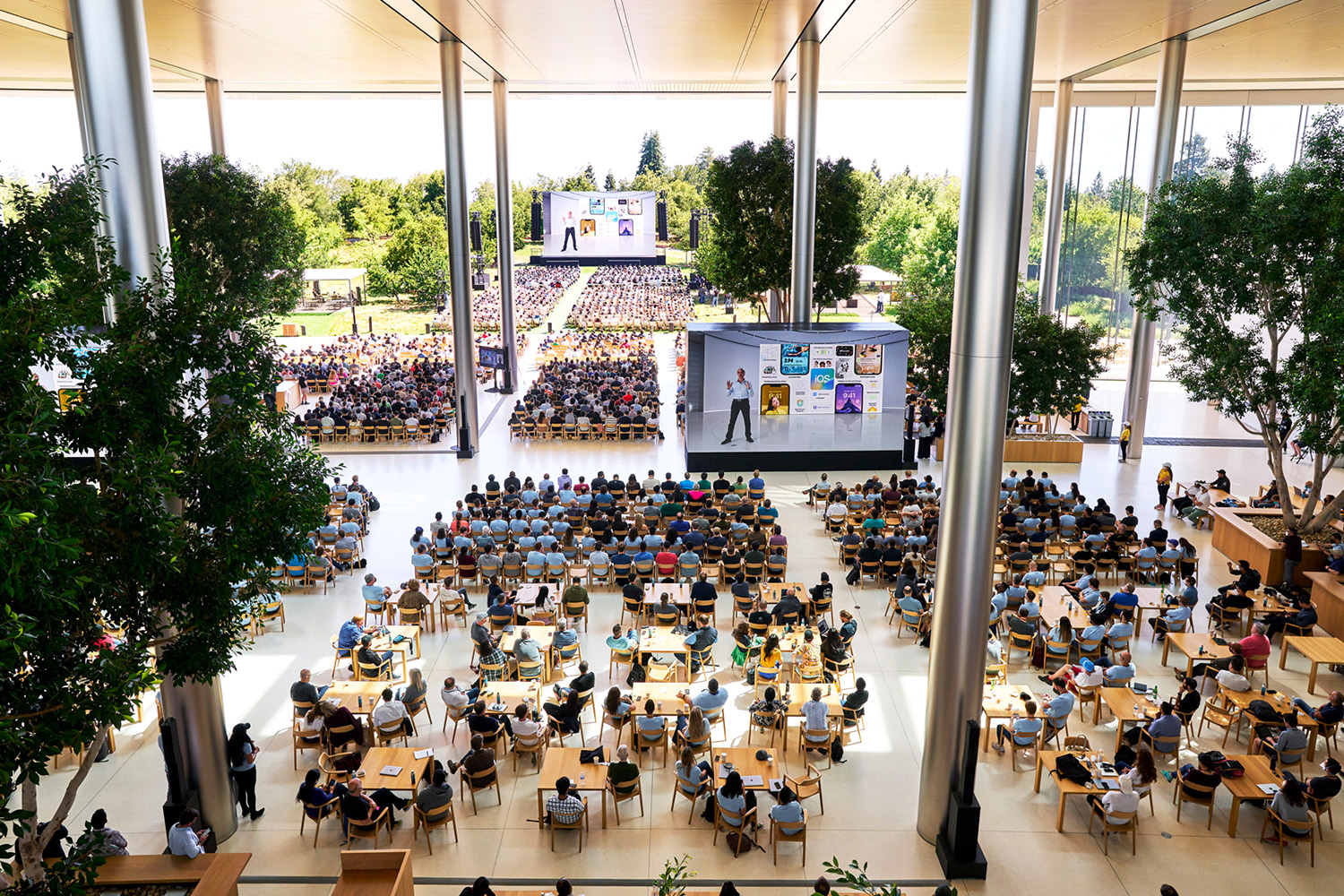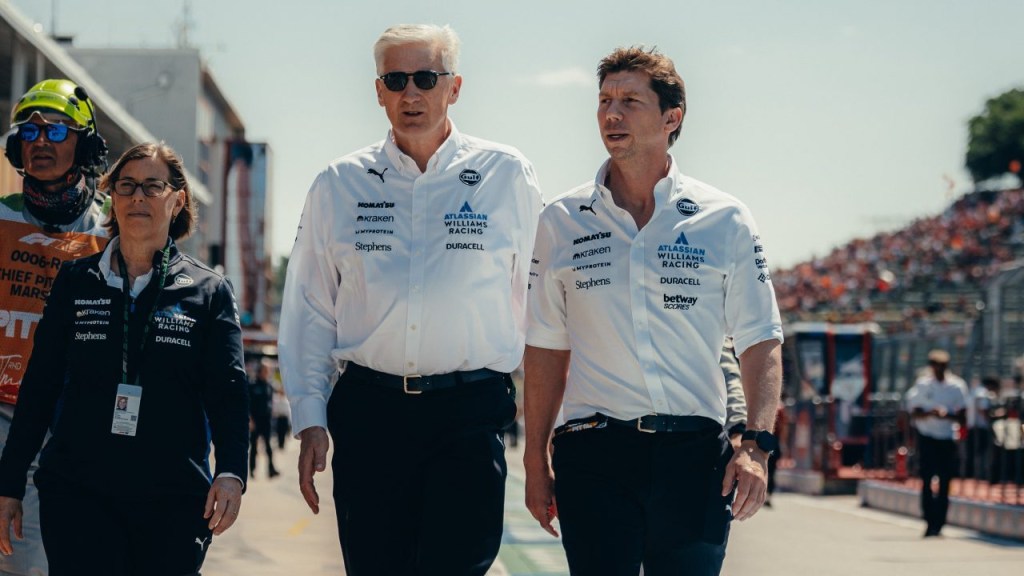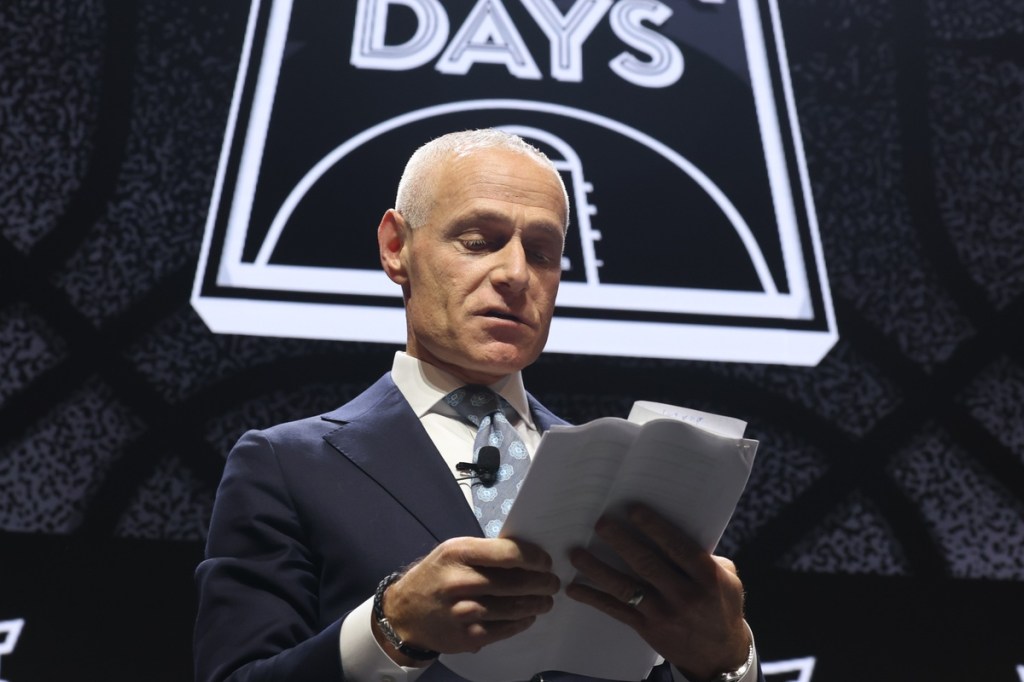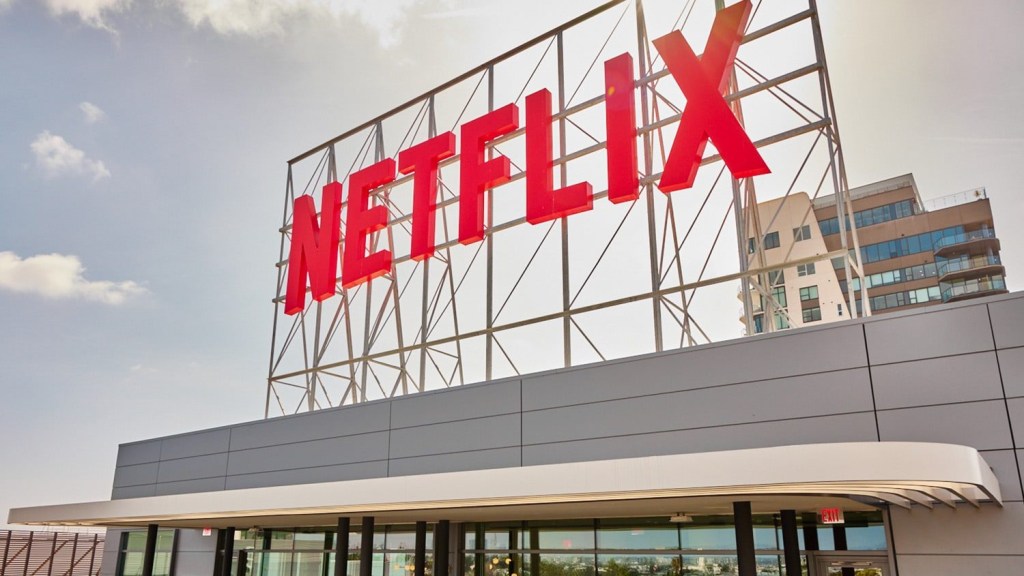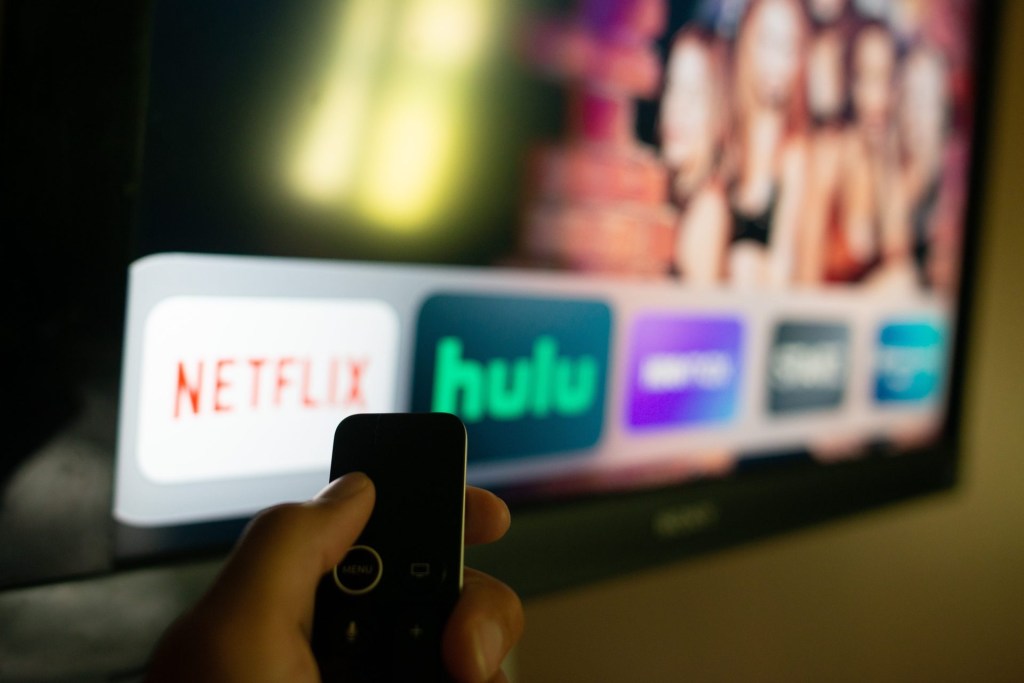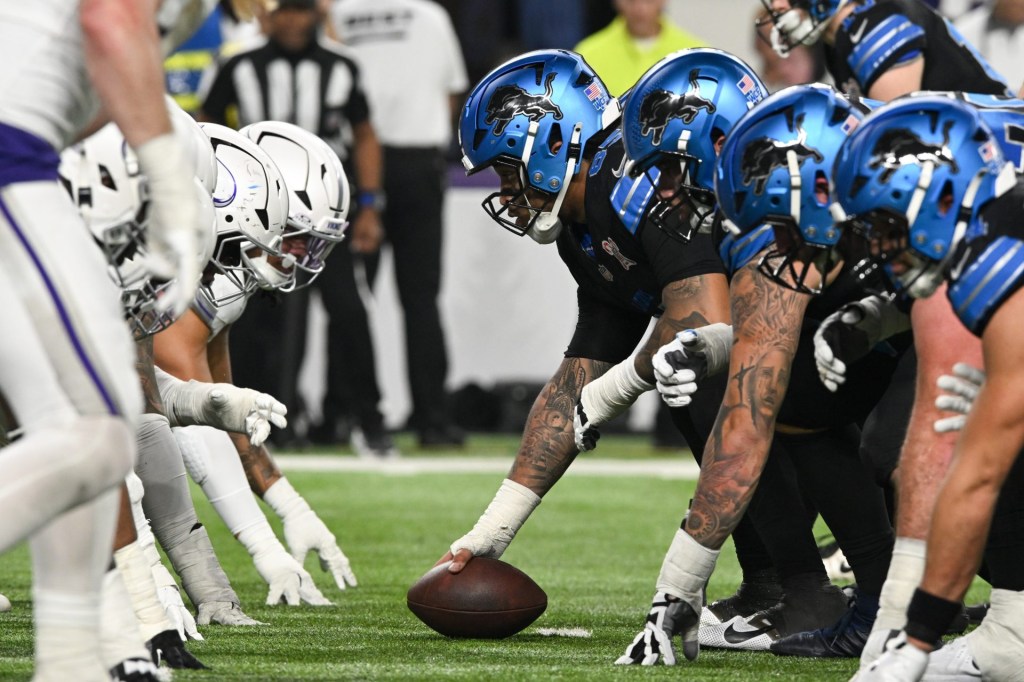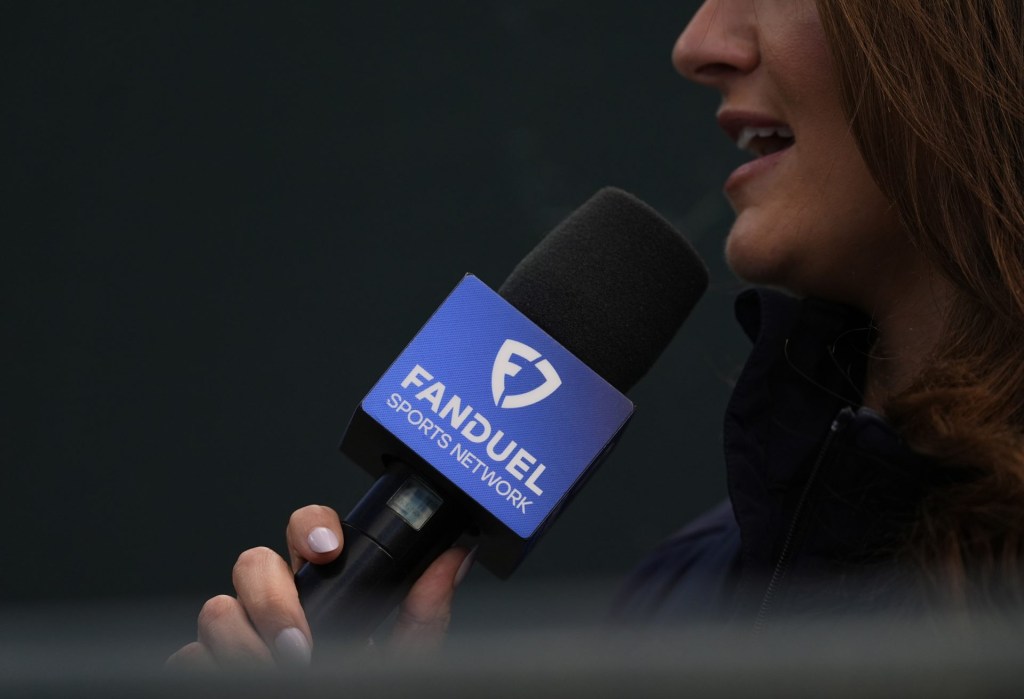In May and June, Apple and Google hosted their respective developer conferences to announce new products, features, and upgrades to existing ecosystems.
When technology companies of this magnitude announce new products and upgrades, there are certain innovations sometimes go relatively unnoticed amid the coverage of the “newest iOS.”
That was not the case when Apple announced this week that it will be entering the $125B Buy Now Pay Later space with Apple Pay Later.
Apple Pay Later will allow you to buy things wherever Apple Pay is accepted and then pay for it in four payments over six weeks. Apple says there are no fees.
Furthermore, a wholly owned subsidiary of Apple will check user credit and extend short-term loans to users.
The new loan service, which will compete against similar offerings from Affirm and PayPal, was announced during Monday’s conference.
In addition to their continued penetration into consumer finance, Apple also announced various upgrades to its health and fitness initiatives. The updated WatchOS included the following health-related updates:
- Run wild: In an effort to help improve efficiency, runners can now track metrics like Stride Length, Ground Contact Time, and Vertical Oscillation.
- Hearty: Users can enable AFib History and gain insights into heart health while sharing it with their primary care physician. The feature has been approved by the FDA.
- Shut-eye: With the addition of sleep stages, the Apple Watch can now detect REM, Core, and Deep Sleep in addition to time asleep.
Then there’s Google, which in May hosted its Google I/O 2022 developer conference, where it announced the long awaited Pixel Watch will debut in the fall. Google had long been rumored to be moving into the wearables space.
While it’s true that Google has not always been at the forefront of wearables or hardware, there are signs that it may be taking steps in the right direction. Last year’s Pixel 6 was an important step in proving the the company had moved beyond the failure of Nexus and Google Glass.
It appears as though the Pixel Watch has the requisite investment to be a successful product. That includes its $40 million January 2019 purchase of Fossil’s smartwatch technology and last year’s $2.1 billion Fitbit acquisition.
Want to learn more? Check out the full Scouting Report here.
ICYMI: Last month, we published another Scouting Report on the esports market. You can access that report and our other research at Pro HQ
